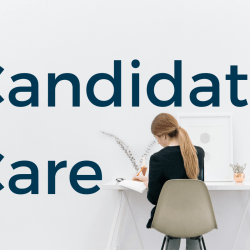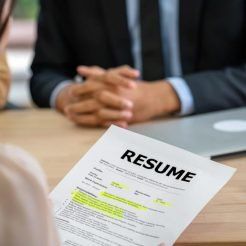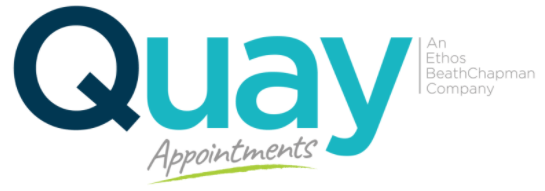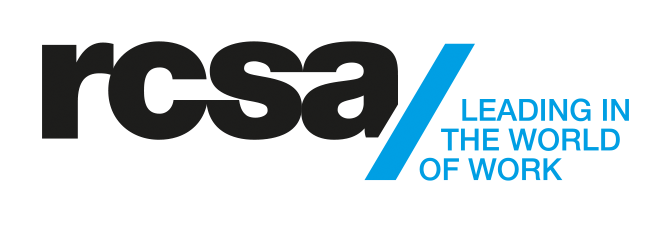14 tips to mitigate end-of-year function risks
Last year around this time, we posted a blog which is directly related to the end of year party season. We do, however, feel that this issue will not disappear anytime soon. So we’re bringing the post back!
Here are 14 tips to mitigate risk at your celebrations found from the HR Daily website.
14 tips to mitigate end-of-year function risks
15 November 2012 7:26am
Speech time at the work Christmas party is a good opportunity for employers to pause the flow of alcohol and help prevent incidents arising from excessive consumption, says the Australian Drug Foundation’s head of workplace services, Phillip Collins.
He suggests not serving alcohol while formal proceedings are conducted to allow people to eat more food and drink water, which will reduce their alcohol intake.
The Australian Drug Foundation has developed a checklist, as part of its Good Hosts program, which helps HR professionals and employers plan work events that avoid alcohol-related harm and corporate embarrassment.
Employers should follow all of the steps in the checklist to ensure a fun event that isn’t too focused on alcohol, Collins says.
The first step is to implement an early intervention strategy to prevent incidents occurring at an event, he says.
If someone at an event is consuming more alcohol than everyone else, employers should have a procedure in place to identify the risk and how to handle it, and consider ways to “mitigate any risks in the future”.
For example, increasing the amount of water provided to the person, table or group could be beneficial. Employees should also know who the person responsible for the event is.
This is “absolutely critical”, he says, so that if something happens at the event, there is someone to turn to who will have an action plan.
Employers should also control the flow of alcohol, bearing in mind how they have served alcohol at previous events and whether it was successful, Collins says.
“So historically it could have been you [had] alcohol in a big ice bin and people [could] simply go and grab what they want, or there could be an arrangement on the table.”
Requiring employees to go to the bar to get a drink can help reduce the amount of alcohol consumed, he says.
Alcohol should not be the focus of the night, and instead the event should focus on entertainment, such as speeches or having arcade games at the venue.
Employers should consider whether some of the people attending the social event are non-drinkers, and “engage them in activities where they can actually enjoy themselves without having to… think they need to have alcohol to have fun”, Collins says.
To avoid rapid consumption of alcohol, an event should not have any kind of drinking games, he adds.
Further, employers should avoid placing an emphasis on alcohol consumption, for example by not promoting “drink until dawn” on a communication flyer or having alcoholic-based lucky door prizes.
Employees must know when to leave the venue and how they are getting home, and employers should make them aware of this before the event, “as opposed to on the night”.
Employees should be advised of the event’s start and end time, and whether public transport is available, or if taxis will be provided, Collins says.
Further, if someone at the event consumes a lot of alcohol and is evicted from the premises, “companies must have a policy in place to ensure that that person does get home safely”, he says.
This safe transport policy should require the employer to place the evicted person in a taxi, give clear directions to the taxi driver to take the person directly home, and pay for that trip.
Depending on the length of the event, substantial food should be served regularly to help prevent intoxication. Collins says food should be available within an hour of the bar opening.
It is also important for employers to cater for the diversity of their workforce, so that all employees who might be drinking alcohol can “have that food intake to balance everything out”.
Employers should ensure they have an adequate number of security guards for the event, and that those security guards know the employer’s requirements.
They should be briefed on: the number of people attending the event; the employer’s alcohol policies; how and what people are being served; who’s in charge; and how to take an evicted person out of the venue, Collins says.
“Having security guards there is not only to stop people coming in that shouldn’t be there, but also to ensure that the [employer’s expectations] are actually met,” he says.
Lastly, after an event has taken place, employers should debrief about the event, and discuss what they did right, what they did wrong, what they can do in the future, and document it for next time.
Managers should set the standard
According to Mills Oakley partner Luke Connolly, the biggest mistake employers make when planning end-of-year and other functions is failing to communicate to managers the importance of modelling desired behaviours on the night.
“Management themselves don’t lead by example. They tend to forget who they are and who they’re representing, thereby creating a culture of partying that breaches a number of standards that ought apply at these type of events,” he told HR Daily.
“Ultimately managers need to lead by example. It’s management that the junior staff will look at on the night, to see how they’re behaving. And how they behave will dictate how juniors think they can behave – it becomes a cultural lead by example thing.”
In general, he says, employers tend not to take a highly disciplined approach to Christmas parties, in communicating to employees “what they’re really for, and that is to celebrate the year as opposed to getting as drunk and wild as you can”.
Employers should communicate to employees before the event what the expected behaviours are, and what won’t be tolerated, he says.
“It’s about setting those boundaries and culture prior to the event, and making sure that management live and breathe those cultural boundaries. By not doing that, and by everyone throwing their hats in the air and kicking off their shoes and going berserk, they put themselves at huge risk.”











